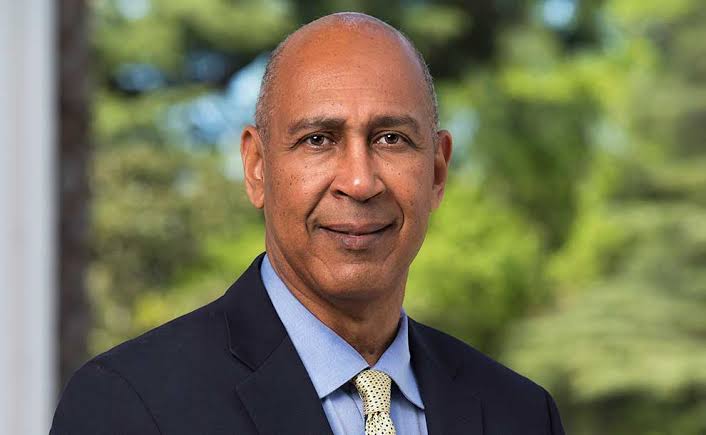Edward Henderson – California Black Media
In 2012, Assemblymember Chris Holden was first elected to the California State Assembly representing the 41st District in the San Gabriel Valley.
He was re-elected to that position for the following four terms.
While in office, Holden championed efforts to improve education outcomes for students and advocated for social and racial justice. Legislation he wrote or sponsored also focused on, innovation in transportation, protecting developmental disability service providers and improving public health, more broadly.
Holden, a graduate of San Diego State University, lives in Pasadena with his wife, Melanie, and children Nicholas, Alexander, Austin, Mariah and Noah. Holden is the son of former State Senator and LA City Councilmember Nate Holden.
Before he closed out his final year of service in the Assembly, California Black Media (CBM) spoke with Holden. He reflected on his accomplishments this year and his goals moving forward.
Looking back at 2024, what stands out to you as your most important achievement and why?
I’m really blessed to be at a particular point right now where I can say that a project I’ve been working on for well over 36 years — the light rail system — made its way into Pasadena from downtown LA. Now it’s making its way through the San Gabriel Valley to Pomona.
We didn’t have the money to complete it through from Pomona through Claremont to Montclair. We were able to get the money in this year’s budget. I’m glad that I was able to be a part of the Legislature at that time, to be able to do the hard work to put those resources into place, along with my colleagues.
How did your leadership and investments contribute to improving the lives of Black Californians?
I’m the first African American to be elected to the legislature from the San Gabriel Valley, representing the 41st Assembly District, where African Americans make up about 7% of the population.
For me to have an opportunity to represent a multi-ethnic and diverse district is exciting, but to be able to bring a voice for a lived African American experience from the San Gabriel valley is very important.
What frustrated you the most over the last year?
I still am frustrated that we aren’t seeing the kind of progress on affordable housing to allow underrepresented communities to be able to afford to live in the community that they grew up in. California has become so expensive and finding the techniques and the ability to create affordability and more housing is a struggle.
What inspired you the most over the last year?
There has been a lot of movement around reparations through community engagement. Dr. Shirley Weber put forth the bill to establish a reparations task force and that task force met for a number of years. Two members of our caucus served on it, Sen. Steven Bradford and Assemblymember Reggie Jones-Sawyer. A thousand-page report and a hundred recommendations or more came out of that. And now we’re in the process of finding ways to implement some of those recommendations. It’s going to be a longer process, but I’m hopeful because California, once again, is on the front end of taking on a really challenging issue.
What is one lesson you learned in 2024 that will inform your decision-making next year?
Always be mindful how quickly the winds can change. We’ve gone from 10 years of having budget surpluses to this year having a $45 billion deficit. Being able to go from having resources that you can put in a budget to address some of the community’s needs to this year — not having the ability to do as much of that. We must always be mindful of the fact that in public policy, you have to be mindful of how to prepare for times that may not be as fruitful.
In one word, what is the biggest challenge Black Californians face?
Inequality.
What is the goal you want to achieve most in 2025?
Well, I won’t be in the legislature in 2025, but I love public policy. I’d like to find myself in a position where I’m continuing to have an influence on how public policy is shaped and formed. Term limits have a way of weeding out a lot of institutional knowledge. And so, I’d like to be in a position where priorities I stood for don’t get lost in the public discourse in terms of helping to shape some of the things. I would have loved to have been able to continue on as a legislator, if I had more time on the board. But I’m just looking forward to being a vital voice going into next year in a different role. It will also be an opportunity to lay a foundation to take another run, possibly for a seat on the LA County Board of Supervisors in 2028.
